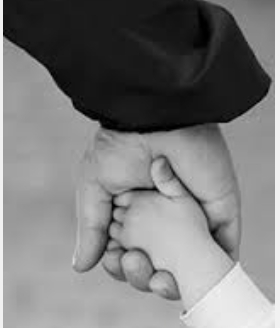In 1976, a major earthquake struck in Tangshan, China. Because many of the buildings had not been built to withstand earthquakes, and because search and rescue infrastructure at the time was poor, the death toll was large: the official estimate is about a quarter of a million people.
In The Good Women of China, I read about a woman whose experience was horrific. Her fourteen year old daughter was pinned from the waist down by concrete rubble from their apartment building. For over two weeks they waited for rescue, unable to move the rubble themselves. At first they were hopeful. The girl could talk and eat and drink. She wasn’t in much pain, as she couldn’t feel anything in the lower half of her body. In the massive surrounding destruction no help came at all. The girl lost consciousness and died, as her mother watched, hoped, waited, despaired. Second by second.
Here is why this mother is my baseline hero, the one I find myself comparing all other heroes to. She had lost everything in the quake: her family, her home. And what did she do? She got a live-in job at an orphanage, wiping noses, washing diapers, making oatmeal.
What’s so heroic about that? One, she saw an extensive problem that she had the skills to solve, and she went and worked on it. I’m sure there’s some line that says orphans are intrinsically compelling, after all, and much can be made of small tokens: occasional hugs, smiles, crayon drawings of hearts. But if these tokens are enough, why do so few people take care of orphans? No. Devoting her work time to them is a big thing, and when I read about how she went about it, there was no flavor of sentimentality or angels. It was pragmatism. The problem was large, right in front of her, and she could do something about it. She did. What it looks like to me is a data driven choice.
Two, in order to do that, she had to struggle past her own tragedy. She had good reason, after what she went through, to sit in a bar and “stick her neck out for nobody.”
The book described how her grief and horror never went away. Maybe outrage, too. She had regular nights when she could not sleep. But in the morning the work still had to be done, and she did it.
I can’t think of a purer example of someone who had to get over herself in order to accomplish what she set out to do. With very little help: without the crutches of fame or fabulous heights of remuneration. No honorary PhD of good-scout-logy. Not even a donated Vera Wang gown to wear on the red carpet. No red carpet.
Where I live, tech heroes are very popular. Arts and science heroes too. It’s also popular to spend a lot of time on passions and dreams. And a lot of what happens in the realm of philosophical discussion is about privilege.
For me, thinking about this woman from 70s Tangshan cuts a clean swath through narcissism and victimhood. She is an ultimate hero because what she has done with her life is so awesome, she shows the way. I want to be on her team.
